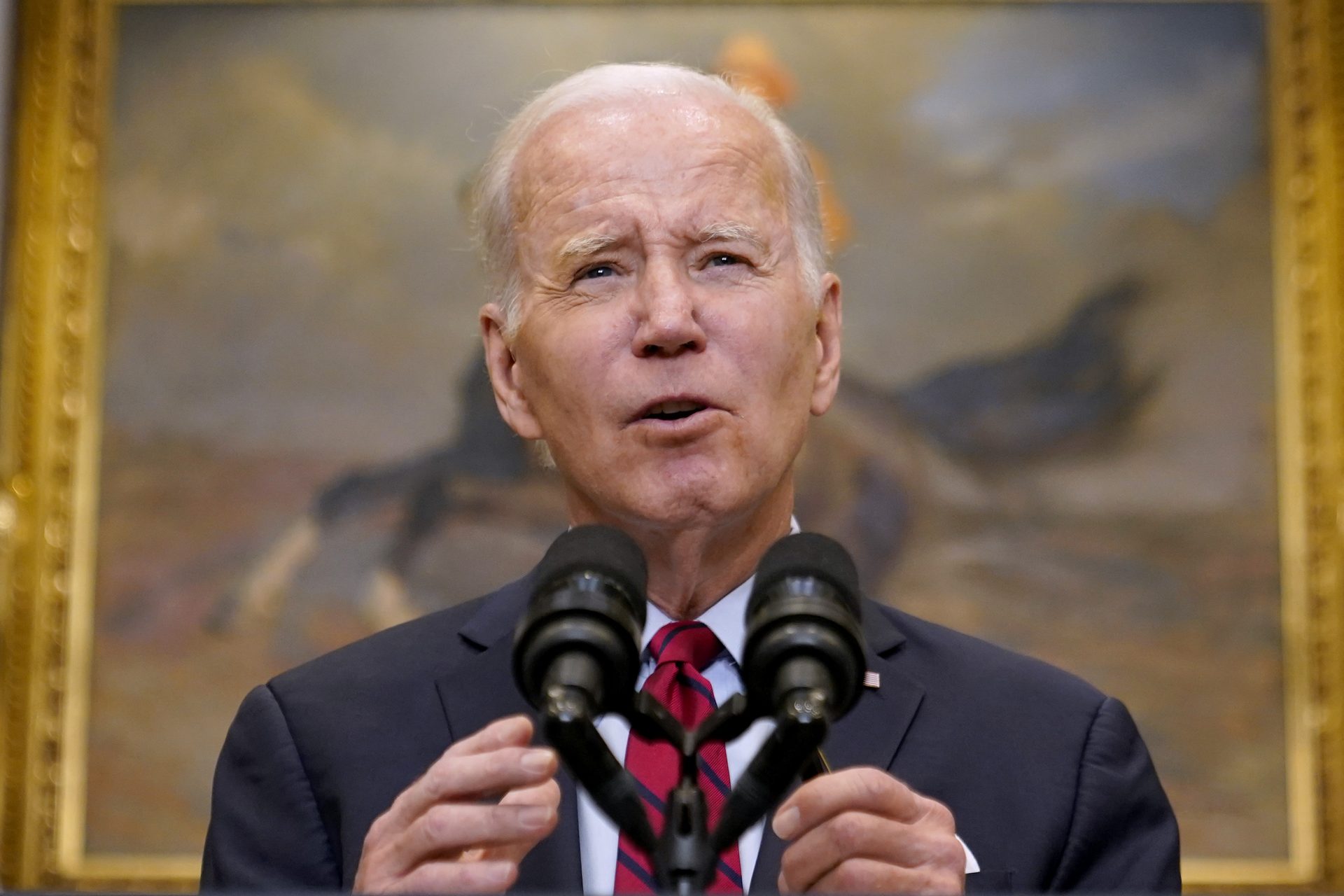 Brandon Herrera
Brandon HerreraOn Feb. 27, Americans across the nation celebrated National Term Limits Day. Despite being largely unreported, it is an important milestone commemoration. National Term Limits Day celebrates the ratification of the 22nd Amendment to the Constitution, setting a limit of two four-year terms for American presidents. The history of this important amendment is informative for today’s conversation around expanding the concept to include members of Congress.
Until Franklin Roosevelt, no president had served more than two elected terms in office. It was a tradition established by George Washington. Two presidents prior to FDR had sought to do so — Ulysses S. Grant and Woodrow Wilson — and had failed in even securing their parties’ nominations. Roosevelt, citing his importance in World War II, ran for an unprecedented third term and then a fourth term even though he was ill (he died 82 days into his fourth term).
After his presidency, there were widespread calls to establish a constitutional amendment to set term limits for the president. Roosevelt’s successor, Harry Truman, who was an advocate of term limits for both the presidency and Congress, supported this initiative. When Congress appeared reluctant to pass an amendment setting terms for the presidency, the states started to act by calling for a constitutional amendment. As the states were nearing the two-thirds majority needed to force Congress to act, Congress decided it was in its best interest to address the issue. This was the genesis of the 22nd Amendment.
Truman believed believed two terms were enough for any occupant in the White House. Because he had served all but 82 days of two full terms, he opted not to run again in 1952. Truman hoped that Congress would further act on term limits for itself after the 22nd Amendment was ratified in 1951, but sadly, Congress has failed to do so.
Since then, terms limits has become the most popular, bipartisan issue in our country. A recent Pew Research poll showed 87% of Americans regardless of political affiliation support congressional term limits. Yet despite this overwhelming support, Congress refuses to act on the issue. Last year, Congressman Ralph Norman’s resolution that would have set terms for the House of Representatives at three terms and the Senate at two terms was defeated by a committee vote of 19-17 — despite having more than 100 co-sponsors. In the Senate, Sen. Ted Cruz has proposed a term limits amendment yet action on it is being delayed by Sens. Chuck Schumer and Mitch McConnell.
So, if Congress won’t pass term limits, what can be done? Just like presidential terms, the states can take the initiative — calling for a convention to adopt a congressional term limits amendment. When enough states request such a convention, the amendment can be proposed by the states for ratification.
Florida, Alabama, Louisiana, Missouri, Oklahoma, Tennessee, Wisconsin and West Virginia have called for a limited convention to propose a congressional term limits amendment to the Constitution. The Lone Star State could join this roster if the legislature will act.
Term limits would return accountability to the people and take away the power of the special interests in Washington. It’s time — we need term limits for Congress.
Brandon Herrera is the Texas state chair for U.S. Term Limits in Washington, D.C.
The post Commentary: We need term limits appeared first on MyRGV.com.
 (2).png)
 1 week ago
35
1 week ago
35








 English (US)
English (US)